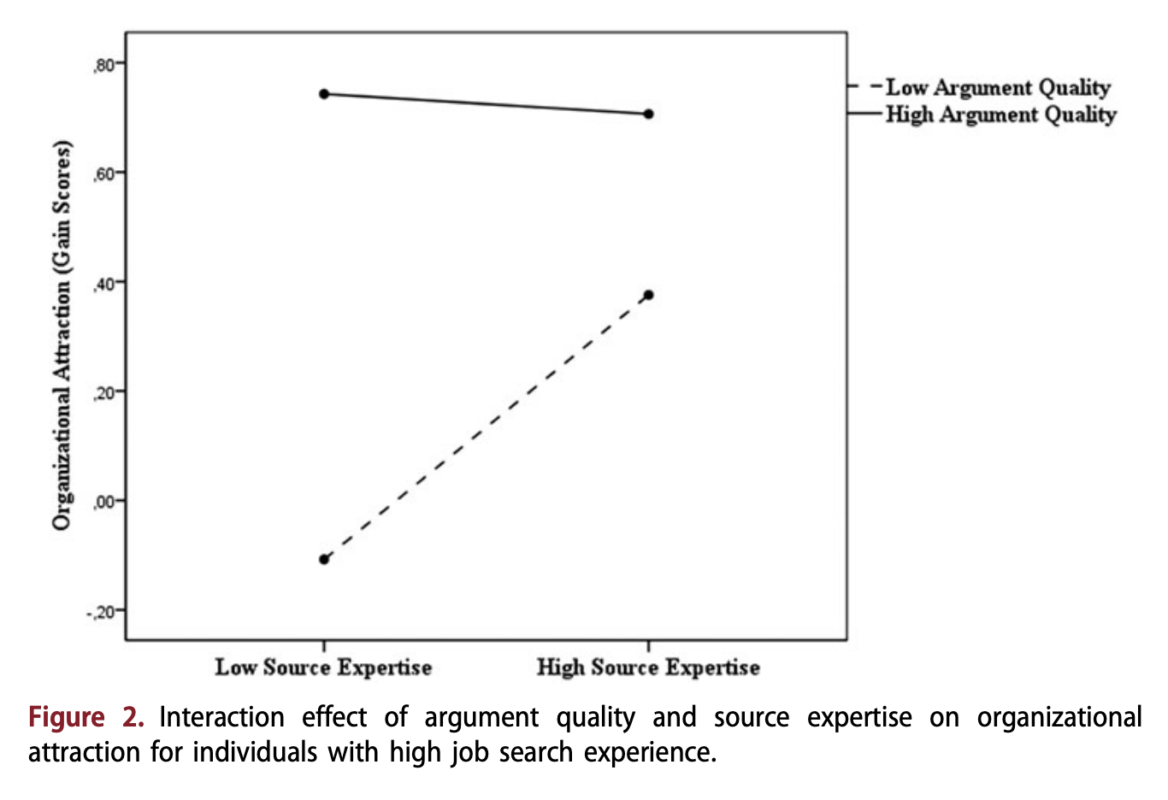Does the quality of the review matter? Does the reviewer’s tenure make a difference? Interesting research reveals some of the answers.
It’s a bit weird that people spend the same amount of effort writing a review of their employer online as they would a restaurant. Both are usually one person’s (poorly written) experience uploaded anonymously. Except with a restaurant you’re evaluating a one-off dining experience and with an employer you’re assessing a relationship that could have lasted years.
The real question is, how important are they? And do employers need to care about them?
For employers it’s hard to know what to do with the Wild West that is online reviews. Are there certain varieties you can safely ignore? Should you encourage happy staff to review you? And if so, how do you make that effective?
An interesting piece of research offers some answers to these questions.
The study
Published in the International Journal of Human Resource Management, the paper, ‘Electronic word-of-mouth via employer review sites – the effects on organisational attraction’ found that not all reviews are deemed alike, or as equally worthy of consideration.
The participants in the study were from a variety of sources and represented a fairly broad spectrum of people. Experienced participants (representing those more familiar with job searching) had an average age of about 40, and had searched for a job an average of 4.76 times in their life. Less experienced participants had an average age of just over 18 and had searched for a job 2.4 times on average.
Each participant was given a questionnaire where they evaluated a series of curated online reviews, assigned to a non-existent company and were then asked to rate their level of organisational attraction.
The researchers broke down the review assessments into three elements:
- Argument quality – how persuasive the review is in and of itself.
- Job search experience – measuring the ability of the person reading the review. The researchers separated this into employees with many years of experience and a failed job applicant.
- Source expertise – the perceived credibility and knowledge of the person writing the review, so someone who worked there for years has more expertise than someone who had a failed job application.
The eye of the beholder
It turns out everyone cares about the quality of a review’s argument, but only some people care that much about the expertise of the person writing it.
Let’s begin with the former. The research found that something which is well written and argued has a bigger impact, so a negative review that fits that criteria needs to be addressed and you should encourage staff to take time with positive reviews.
Interestingly, the relative expertise of the person writing the review didn’t have a significant effect on perceptions of argument quality. So it didn’t matter if the person had been working at the company for six years or was a failed applicant – job seekers didn’t feel that made a specious argument well articulated or a well articulated argument more specious.
But don’t get your hopes up – we don’t suddenly live in a world where people only pay attention to well argued points. A low quality argument still has an impact on job attraction. A review that can be summed up as “company = good” still helps perceptions of your organisation.
Indeed, it turns out that, for those with more job search experience who are likely chasing a more senior role, a low quality argument written by a person with a lot of experience can be reasonably powerful.

Source: International Journal of Human Resource Management
As the researchers write, “When low-quality arguments were presented, experienced job seekers seemed to attach more importance to the expertise of the source that provided the message than they did to the arguments.”
This could be a lesson for employers. If an online review of your organisation says it is from a long-term employee and it’s negative, you should respond regardless of how poorly structured or unhinged it seems. It also seems like you could more safely ignore poorly written reviews by less experienced reviewers – at least when it comes to worrying about hiring for senior roles.
That being said, employer review sites often recommend that employers respond to all reviews, regardless of content.
Also interesting is that for more junior job seekers, the relative experience of the person writing the review was not important. This makes sense if you reason that they are going for a lower position, and are younger and so more likely to be looking for a short-term career option. These job seekers care as much about the application process as they do about how they’ll feel years down the line.
Want to learn the latest strategies to attract and retain talent? Take a look at this in-house training opportunity from AHRI.
Tips for employers
The researchers felt their work had some practical ramifications for organisations. The most obvious is that, yes, if your organisation is on employer review sites you should definitely pay attention. Not only do they affect organisational attraction, they give you a “cost-efficient way to get a glimpse of how they are perceived by job seekers”.
Secondly, there is evidence that you should encourage happy employees to write positive reviews. When doing so, it’s important to tell them to make sure they are well articulated, and backed up by objective data. The researchers note that paying employees to write positive reviews is a risk if knowledge of the practice gets out.
Finally, considering failed job applicants reviews do have an effect, having a robust recruitment process helps. Looking at the literature, the researchers write, “Organisations that have established a fair and transparent selection system and manage to convey this information to applicants are likely to cause them to spread more positive word-of-mouth.”
To find out more about one of the more popular employer review sites, read our HR guide to Glassdoor.

